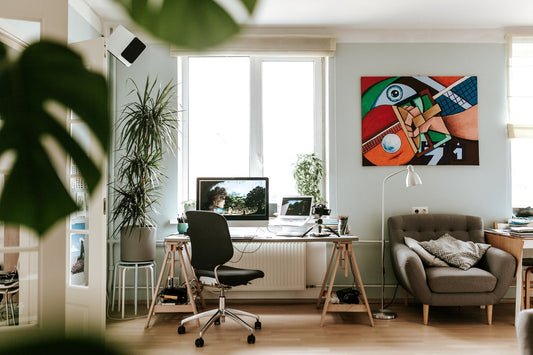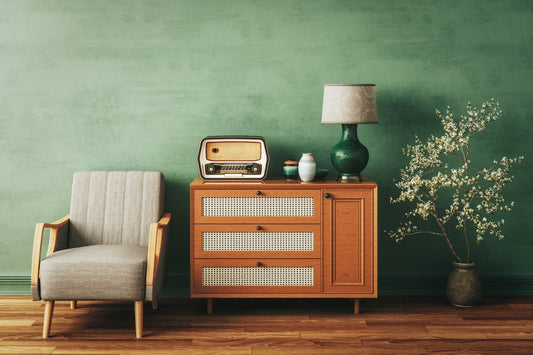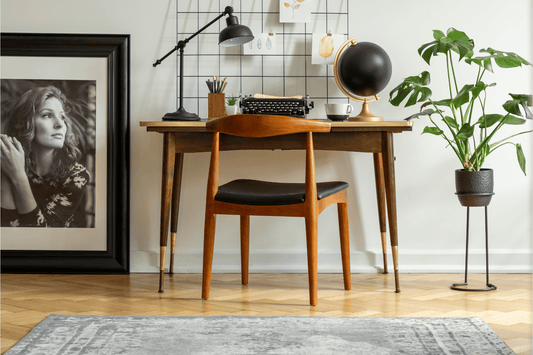When I started Lilo, I wasn't sure if I could build a resale business that would meet people's expectations.
I wondered if I could navigate the desires of a person selling their beloved furniture with the expectations of potential buyers.
Unfortunately, there is no black book for defining what a piece of furniture is worth secondhand, so a lot of the time, it is less about valuations and more about navigating a person's expectations around what they are hoping to achieve from the sale.
In my mind, absolutely every seller wants the highest return for their item. Me included. I paid X only Y years ago, so of course I'm owed 50-70% of the original sale price.
Until I met Janine. Janine told me all she wanted was her father's furniture items to go to a good home. I had many a discussions with Janine and her father about the story behind each piece of furniture item they were selling, watching their eyes wander off as they reminisced about past family memories.
It hit me hard that day that keeping furniture in circulation is not only to give people more access to quality furniture and items out of landfill, but to deliver a level of respect to its owners.
I'm not even sure if it's respect per se, or the opportunity to see, deliver and attribute value where our throwaway society wouldn't normally.
A few days later, an item sold and Janine emailed to thank me. It wasn't the sale of a solid wood dresser for $190 that made Janine happy, it was the fact a young couple expecting their first baby purchased that dresser for their nursery. And so that piece of furniture lives on to create more family memories.
Whilst I can't build this business off feelings, hopes and rainbows, I think it's still so important to realise and recognise the tangential benefits that Lilo can generate.



